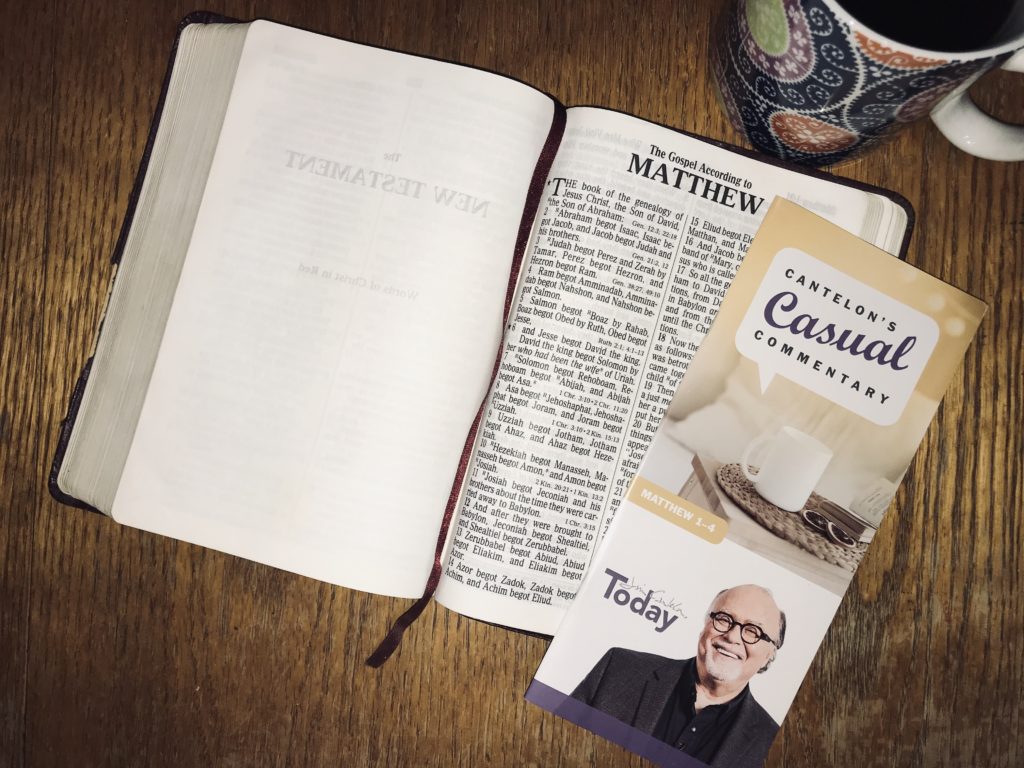John the Baptist – Matthew 3:1-12 (Part 1)
Jesus’ cousin John (the “Baptist” as he became known) was just a few months older and unlike Jesus had spent most of his young adult life in the desert. In fact he had become a bit of a “wild man” in the sense that his clothing, diet, and ministry were offensive to city dwellers. Smelling like the camel whose hair he had fashioned into a shirt, eating whatever he could find (“locusts and wild honey”), and preaching cutting sermons against priests, tax-collectors, and soldiers, he seemed a throwback to the prophets of Israel’s ancient history.
Calling to the city and town folk to join him in the desert he baptized them in the Jordan River, a symbol of the “cleansing” of repentance. But, when Pharisees, Sadducees, tax-collectors, and soldiers came to hear him, he excoriated them referring to them as snakes fleeing a grassfire. Why was he so hard on them? For one, they were collaborators with the Roman occupiers. The priestly class (Pharisees and Sadducees) had compromised temple worship, the tax-collectors were working the occupiers (and gouging their own people with surcharges), and the soldiers were enforcing occupation law (although some commentators see them as insurgents who because of their poor pay were forcing their own people to support them). John and Jesus ministered in a tumultuous time. The people’s hopes for a peaceful, triumphal messianic era were all but dashed, and all they could expect was subjugation by foreign powers. They grumbled and rumbled. Chaos was a heartbeat away.
Indeed, just a few kilometres from John’s baptismal site, was a hermitic sect called the “Essenes”. They lived in a settlement built among the mountains bordering the southwest shows of the Dead Sea. Totally ascetic, they lived a harsh lifestyle reflective of their sun-scorched environment, studying the ancient Hebrew texts of the Toran and writing end-time treatises. A simple diet, constant prayers, and stringent discipline were matters of course. So too were daily baptisms (or “mikvot”), ceremonial immersions in water they collected during winter storms and preserved in cisterns. Little wonder many commentators see John the Baptist as one of these desert holy men.
